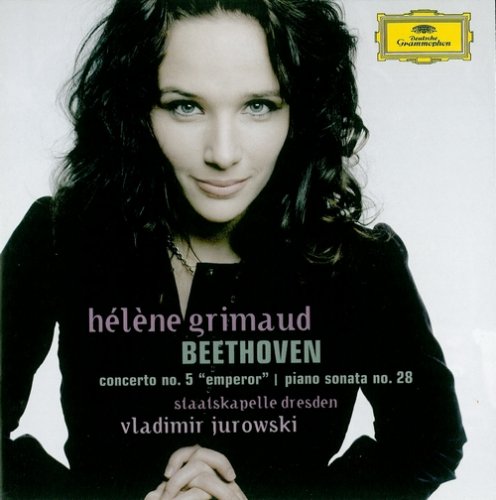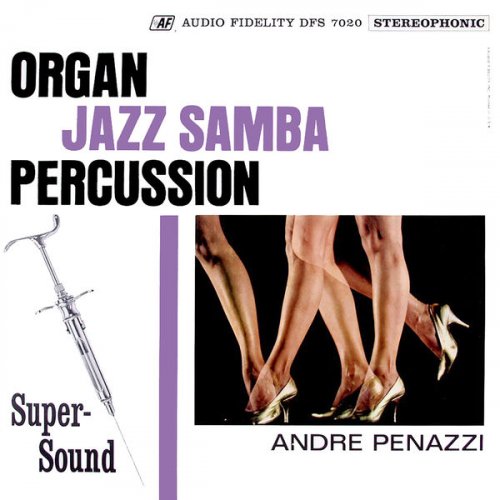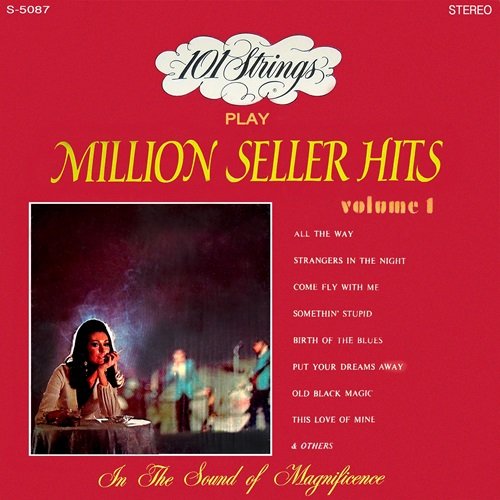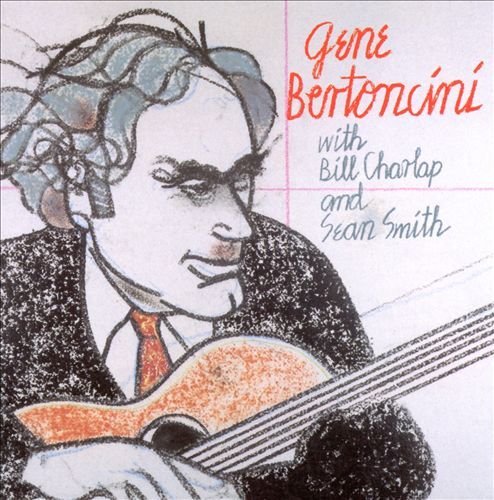Helene Grimaud - Beethoven: Piano Concerto No.5 Emperor, Piano Sonata No.28 (2007) CD-Rip

Artist: Helene Grimaud
Title: Beethoven: Piano Concerto No.5 Emperor, Piano Sonata No.28
Year Of Release: 2007
Label: Deutsche Grammophon
Genre: Classical
Quality: FLAC (tracks+.cue,log,scans)
Total Time: 59:18
Total Size: 424 Mb
WebSite: Album Preview
Tracklist: Title: Beethoven: Piano Concerto No.5 Emperor, Piano Sonata No.28
Year Of Release: 2007
Label: Deutsche Grammophon
Genre: Classical
Quality: FLAC (tracks+.cue,log,scans)
Total Time: 59:18
Total Size: 424 Mb
WebSite: Album Preview
Piano Concerto No.5, op.73 'Emperor'
1. I. Allegro
2. II. Adagio un poco mosso - attacca:
3. III. Rondo. Allegro
Piano Sonata No.28, op.101
4. I. Allegretto, ma non troppo
5. II. Vivace alla marcia
6. III. Adagio, ma non troppo, con affetto
7. IV. Allegro
Performers:
Hélène Grimaud, piano
Staatskapelle Dresden
Vladimir Jurowski, conductor
Hélène Grimaud's performances on this disc -- a coupling of Beethoven "Emperor" Piano Concerto with his Piano Sonata in A major, Op. 101 -- are truly fantastic. Her technique is essentially untouchable and her tone is surprisingly colorful. And, as in her previous recordings, her interpretations are outrageous. With Vladimir Jurowski and the Dresden Staatskapelle in the Concerto, Grimaud is unafraid to do whatever she wants with balance and tempos. And alone in the Sonata, she is even more audacious, bending, shaping, sculpting the music with no restraint applied except her own taste. And, while there is no guarantee that Grimaud's tastes will suit your own, you owe it to yourself to hear and judge for yourself.
One might have thought Beethoven's strongly architectural music wouldn't be susceptible to such blandishment. But Grimaud's willfulness matches the composer's own broad streak of ornery individuality, and her sensual shapes and malleable tempos do the same. Jurowski gets the Dresden Staatskapelle to follow where Grimaud leads in the Concerto, and the results in both cases are perhaps the most persuasive recording of the pianist's career. Deutsche Grammophon's sound is exceptional.
One might have thought Beethoven's strongly architectural music wouldn't be susceptible to such blandishment. But Grimaud's willfulness matches the composer's own broad streak of ornery individuality, and her sensual shapes and malleable tempos do the same. Jurowski gets the Dresden Staatskapelle to follow where Grimaud leads in the Concerto, and the results in both cases are perhaps the most persuasive recording of the pianist's career. Deutsche Grammophon's sound is exceptional.








